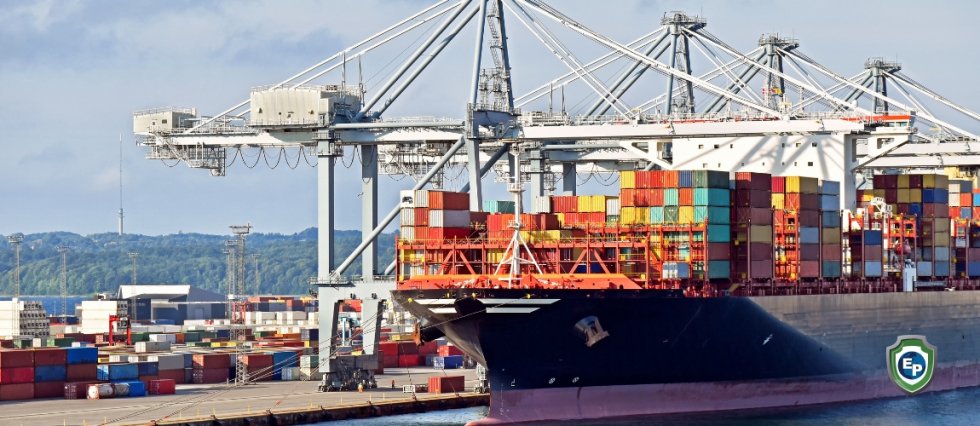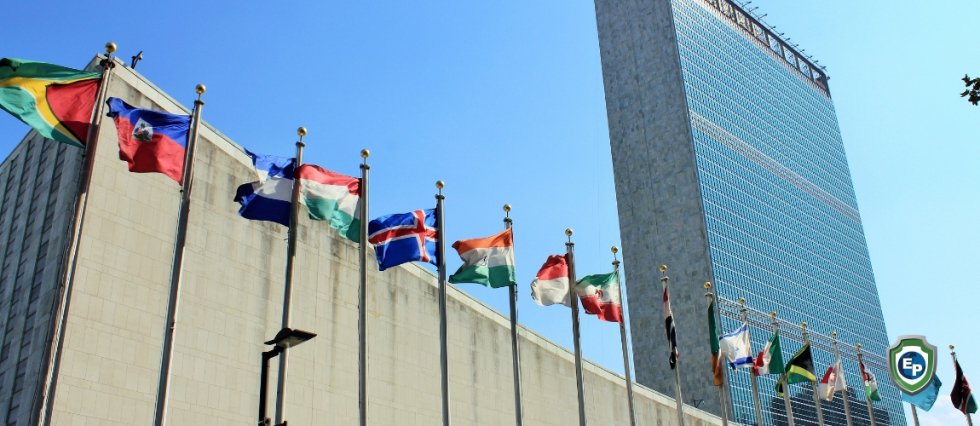The WTO: A Do-Nothing Organization, Protector of the Wealthy, or Force for Transparency, Development, and Good?
Read our blog to find out more about the successes of the World Trade Organization and its methods of failures improvement.

When you think of the World Trade Organization (WTO), what do you think of? Protests in Seattle in 1999? Shuttered manufacturing plants in the Rust Belt of the United States? The WTO sometimes suffers from negative press. Partially, this is because media outlets are more likely to report on bad news than good. But it’s also because the good the WTO does tends to be incremental and spread across entire societies. The bad the WTO does tends to be more acute and noticeable. But just what are the WTO’s successes, and how can it improve?
The WTO was established in 1996 and now has 164 members. Only real outlying nations aren’t at least member states (e.g., microstates and self-isolating, authoritarian states like North Korea). But what has the WTO done for the people of these 164 nations? Studies have demonstrated that the WTO has succeeded in its mission statement to boost trade. They have also shown that were it not for the WTO, barriers to trade would currently be more substantial. This would make it unfair to call the WTO a “do-nothing” organization.

But the WTO can do more. Criticisms of the WTO don’t fall neatly into a left vs. right political worldview. For example, many left-of-center political thinkers accuse the WTO, with some merit, of merely protecting wealthy nations’ interests with how they allow specific workarounds on tariffs. However, these workarounds sometimes include environmental protections, which are policies that usually have more support from the left than the right. This untidy narrative might make the waters muddy, but it is also freeing in a way; we must look at the WTO as objectively as possible.
One near-universal criticism of the WTO is that they have not done enough to support developing nations. Indeed, this is something the WTO itself admits it can do better. The WTO wants more transparency to encourage responsible governance. This is a noble aim, but it is unlikely to succeed if the WTO can’t increase its transparency. If regular, everyday business people had a better idea of how the WTO facilitates trade deals, we could all understand their processes and their value a lot better.
There does seem to be a genuine aim within the WTO to work better for the “little guy”, whether that little guy is a small- or medium-sized business in a developed nation or an entrepreneur in a developing one. Until such time that the WTO can do that more effectively, you can rely on Export Portal to help grow your business measurably and sustainably.






Comments 0